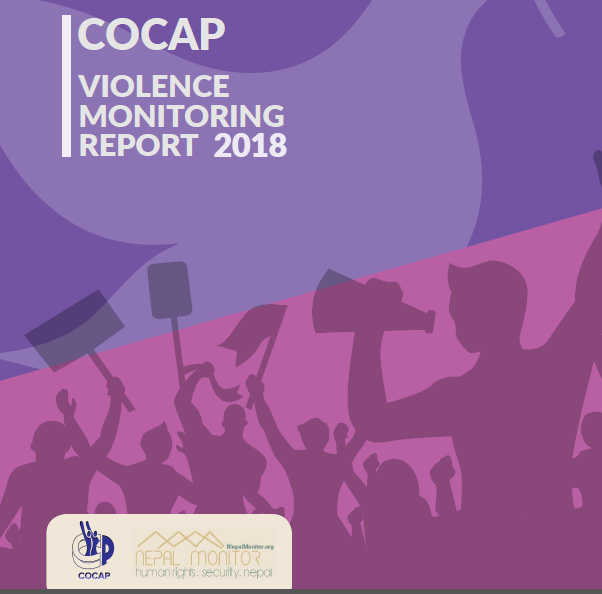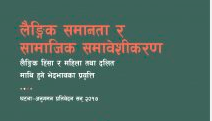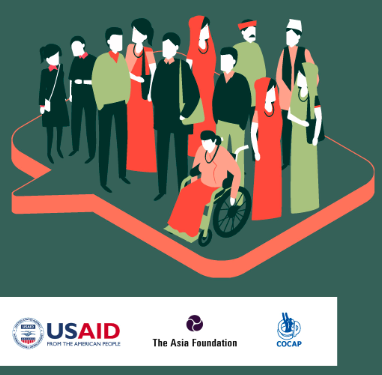Incident Reports
Dalit women suffer more in untouchability
2021-12-07
Nepal
Kathmandu, November 22. It has been found that Dalit women are more affected in cases of caste discrimination and untouchability and violence against women. This has been found while studying the events of the last year.
In a study conducted by the Dalit Women's Association (FEDO), it was found that 61 percent of Dalit women were victims of caste discrimination and untouchability. Similarly, Dalit women are more affected than non-Dalit women, while Dalit women are more affected by caste discrimination and untouchability than Dalit men.
Similarly, 35 percent of the victims are men. Even Dalit children have not remained untouched by caste discrimination and untouchability. In the study, it was seen that two percent of the children were victims.
Seven Dalit people were killed in 67 incidents of caste discrimination and untouchability from October 2077 to October 2078. In which four Dalit women were killed and three Dalit men were killed. Three out of four Dalit women have been killed after being raped.
80 percent of Dalit women and 20 percent of Dalit men have been victims of five incidents of incitement to suicide. In total 19 incidents of caste discrimination and untouchability, the study showed that 63 percent of Dalit women and 36 percent of Dalit men were victims.
Most incidents of caste discrimination and violence against Dalit women have occurred in Province 2. Out of a total of 67 incidents, 32 percent occurred in Province 2. 22 percent of the incidents occurred in Province 1. 11 percent of incidents occurred in Lumbini province and 10 percent each in Bagmati and Gandaki provinces. The study showed that 8 percent of cases occurred in the Far West and 7 percent of the cases were the lowest in Karnali Province.
During the study period, there were 11 cases of rape of Dalit women, according to FEDA. Kala Swarnakar, president of the association, said that the human rights situation of Dalit women is pathetic. According to him, the study was conducted to create an atmosphere of advocacy for the end of violence and discrimination against Dalit women and children. In addition to the police and courts, the National Human Rights Commission, the Dalit and Dalit Women's Cell in the National Women's Commission and the provision of a special bench in the courts, the report suggested that access to justice should be enhanced.
According to Article 40 (5) and (6) of the Constitution, 12 points have been mentioned in the report, including providing land to landless Dalits once, providing housing to the homeless, and ensuring equal rights for men and women.
Related Reports
Dalit / Bajhang
Three arrested on the charge of vandalizing Dalit family's house in Bajhang
Dalit / Tanahun
Dalit community subjected to social boycott following case of caste based discrimination in Tanahun
Dalit / Dang
Landlord arrested on the charge of evicting person from house for being a Dalit
Dalit / Bajura
Complaint lodged against the Hindu priest on the charge of caste discrimination incident in Bajura
Related Trend Analysis
Analysis
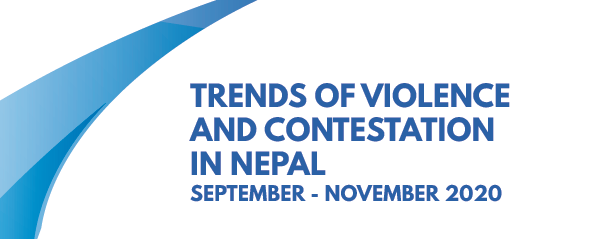
Trends of Violence and Contestation in Nepal, September - November 2020
December 29, 2020
GBV / Political / Dalit / Human Rights / Governance / Covid-19
Analysis
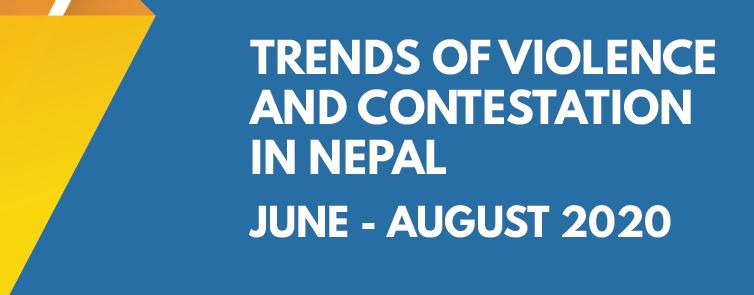
Trends of Violence And Contestation In Nepal, June - August
October 11, 2020
GBV / Political / Dalit / Human Rights / Governance / Covid-19
Analysis
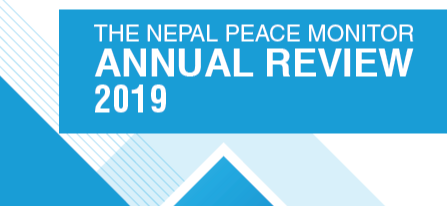
The Nepal Peace Monitor Annual Review: 2019
May 24, 2020
GBV / Political / Dalit / Human Rights / Interpersonal Violence / Governance
